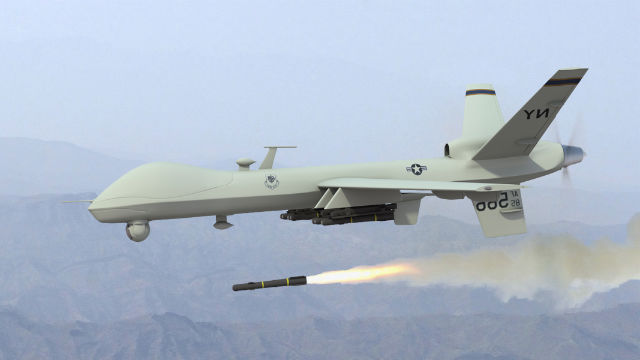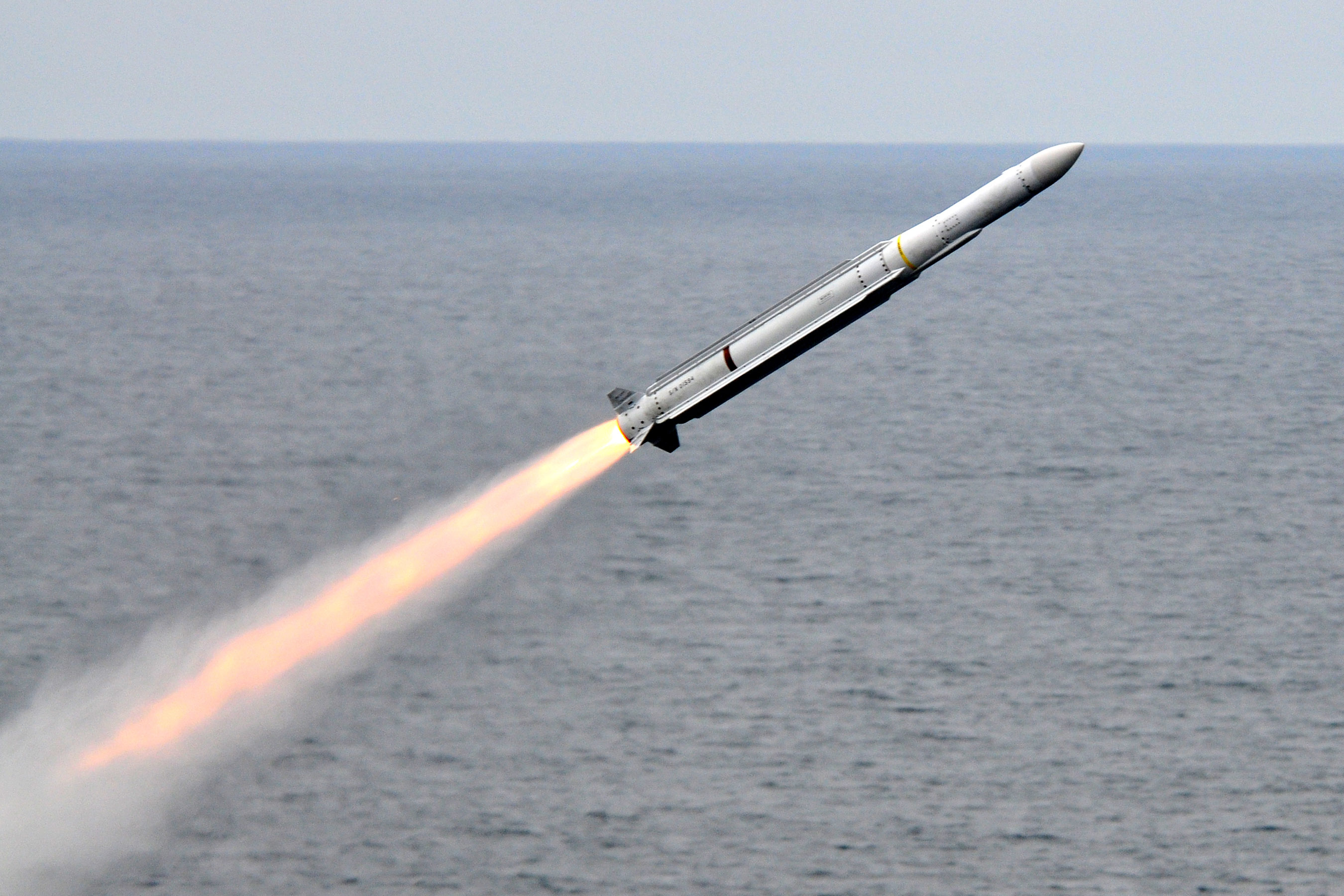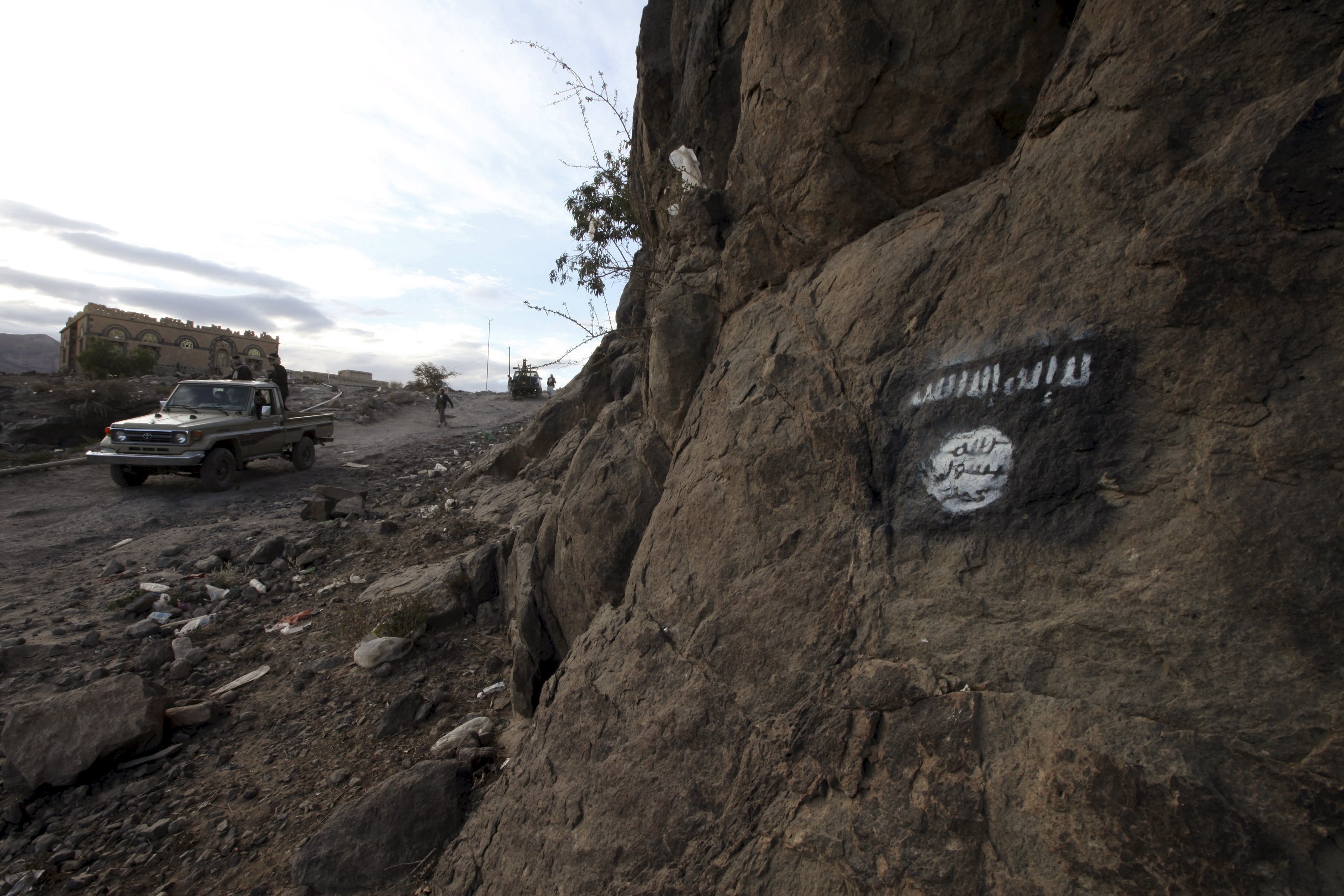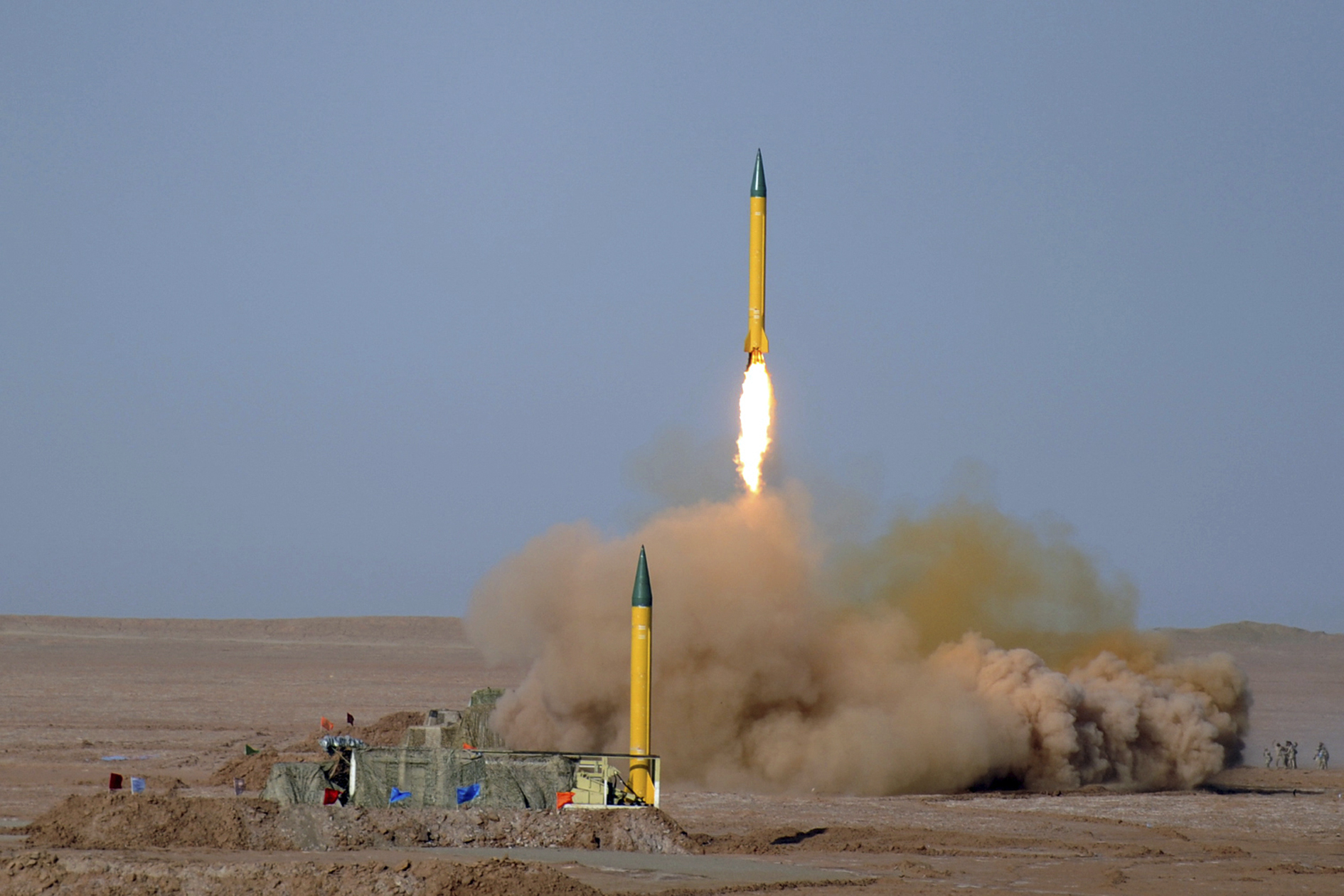Iran just proved it can hit Israel with “Kheibar Shekan” ballistic missiles
01/24/2024 / By Ethan Huff
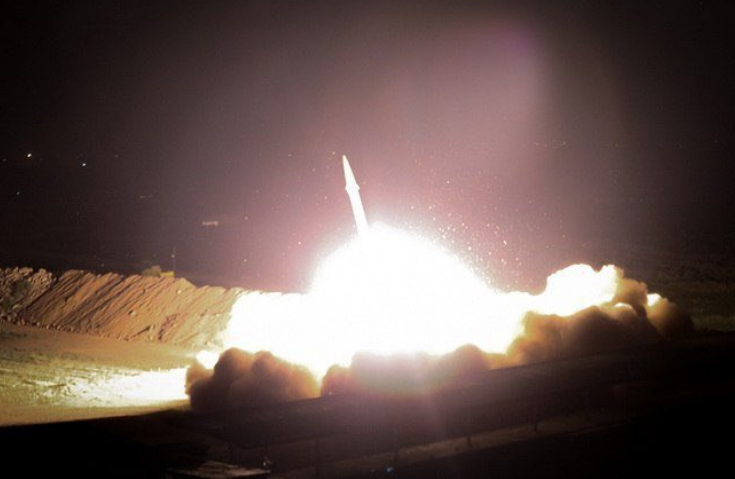
For the first time, Iran successfully launched its new Kheibar Shekan medium-range ballistic missile (MRBM), which is capable of striking Israel, according to reports.
The first launch struck a “terrorist facility” in Syria’s Idlib province, and was one of three the Iranian regime carried out over the past several days. Iran also says it attacked an Israeli Mossad facility in Erbil, as well as “terrorist” sites in what the media is describing as “an unprecedented attack in Pakistan.”
“While they all seem to have had their own objectives, they clearly serve as a timely demonstration of Iran’s ability to execute precision ballistic missile strikes close to and far beyond its borders,” reported The Drive.
Brig. Gen. Amir Ali Hajizadeh says the Islamic Revolutionary Guards Corps Aerospace Force (IRGC-AF) launched four separate Kheiber Shekan MRBMs from its facility in the southern part of Iran’s Khuzestan province, this being a distance of around 800 miles.
The strike is said to be the longest distance ever traveled by an Iranian ballistic missile.
The IRGC-AF also launched another four missiles from its Kermanshah facility, as well as seven missiles from the West Azerbaijan province in Erbil. The goal of these missile launches was to target “the base of Zionists in the Kurdistan region of Iraq,” though Iraqi officials are denying this claim.
The kinds of missiles launched in these latter attacks remain unknown, but what we do know is that Kermanshah is located about 200 miles east of Erbil, and West Azerbaijan province about 100 miles away.
In response to the attack in Iraq, Iraqi officials filed a complaint against Iran with the United Nations (UN) Security Council.
(Related: Did you know that a Chinese lab just created a new “mutant” strain of COVID with an allegedly 100 percent kill rate in “humanized” mice?)
Things are heating up in the Middle East
Commenting on the attacks, Behnam Ben Taleblu, a senior fellow with the Foundation for Defense of Democracies (FDD) think tank and an expert in Iranian missile technology, told the media that “there were two historic firsts” with these missile launches.
“It was the first military use of the Kheibar Shekan MRBM and it was the first time Iran targeted two territories in two different nations in the same operation,” he stated, noting that it was also the first launch from the IRGC-AF base in Khuzestan province since the Iraq-Iran war.
“Dubbed the ‘Breaker of Kheibar,’ in reference to early Muslim conquests of a Jewish castle in Arabia, the Kheibar Shekan is Iran’s second attempt at producing an MRBM from the Fateh- family (with the Shahid Haj Qassem being the first),” Taleblu wrote in a February 2023 monograph.
“With a reported range of 1,450 kilometers and a separating warhead, the Kheibar Shekan is Iran’s most advanced solid-propellant system outside the Sejjil, which was Iran’s first solid-propellant MRBM.”
The weight of the new missile was reduced by a third, and is now six times quicker to launch, it was also reported. The missile itself, according to Taleblu, “is highly maneuverable in its terminal phase and that its warhead uses an explosive that is far more powerful than TNT.”
Many details are still missing about the weight of the warhead and which explosive was used, as well as what type of guidance system the weapon is equipped with. It is obvious, though, that it contains internal navigation via an embedded GPS.
The stated purpose of these test launches is to put Israel on notice that Iran can, in fact, strike the Jewish state with this latest technology. Iran is also sending a reminder to Israel and the world that it remains an active participant in the ongoing conflict in Syria.
The latest news about the escalating war in the Middle East can be found at WWIII.news.
Sources for this article include:
Submit a correction >>
Tagged Under:
ballistic missiles, big government, chaos, dangerous, future tech, inventions, Iran, Israel, Kheibar Shekan, Middle East, military tech, MRBM, national security, terrorism, violence, weapons tech, WWIII
This article may contain statements that reflect the opinion of the author
RECENT NEWS & ARTICLES
COPYRIGHT © 2017 WEAPONSTECHNOLOGY.NEWS





